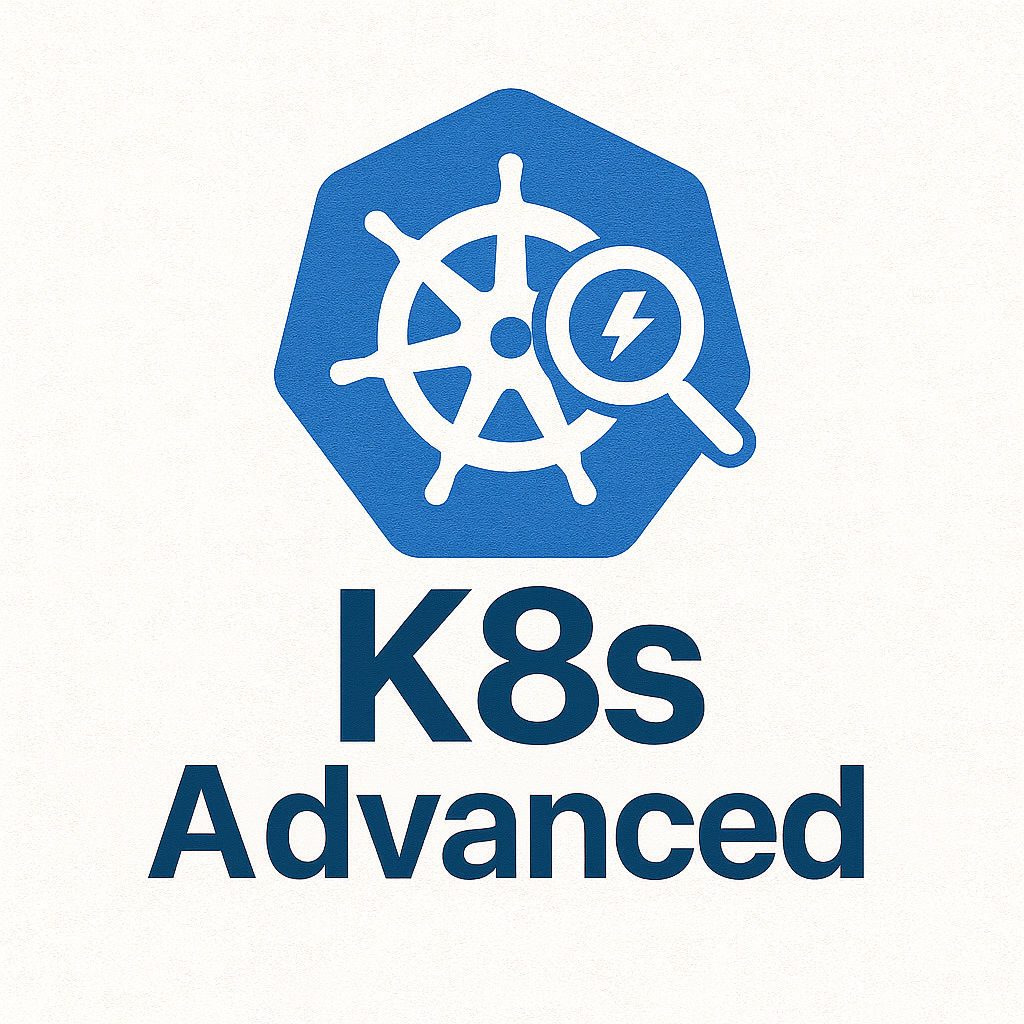⭐ Training Description
The Kubernetes Advanced course is designed for IT professionals seeking to move beyond Kubernetes fundamentals and master advanced concepts for enterprise deployment. This course covers high-availability architectures, cluster troubleshooting, observability, networking, security, and automation using Helm, Operators, and GitOps methodologies. Each topic is reinforced through hands-on labs in real-world cluster environments.
⭐ Objectives
- Learn advanced Kubernetes application objects
- Deepen understanding of containerization and CaaS cloud models
- Manage and troubleshoot production Kubernetes clusters
- Master Helm, Kustomize, and advanced deployment strategies
- Work with monitoring, logging, backup, and security tools
- Explore multi-cluster management and service mesh patterns
⭐ Target Audience
This course is designed for:
- System Administrators
- DevOps Engineers
- Cloud & Platform Engineers
⭐ Prerequisites
- Completion of Kubernetes Overview training
⭐ Syllabus
- Containersation & Kubernetes Cloudification
- ETCD Overview & Troubleshooting
- Helm, Kustomize, and Helmsman
- Container Registry: Harbor (with Trivy) & Quay
- Advanced Scheduling Techniques
- CoreDNS Deep Dive
- L7 Ingress Controller (NGINX) & Ingress
- Cert Manager, Let’s Encrypt & Cloudflare Integration
- Monitoring with Prometheus, Alerting & Grafana
- Logging Pipeline: Fluentd, Elasticsearch & Kibana
- Block Storage with Longhorn
- Networking with Flannel & Calico
- Service Mesh: Istio & Envoy
- Backup & Restore with Velero
- CRD & Operators (e.g., Strimzi / Kafka)
- MetalLB Load Balancer
- Multi-Cluster Management with Rancher (optional)
- Thanos for Metrics Aggregation (optional)
⭐ Training Methodology & Resources
- Modality: Remote training via Microsoft Teams
- Method: Delivered by an expert consultant active in Open Source and real-world Kubernetes projects
- Labs: Each learner receives an individual lab environment
- Materials: English training manual provided at course start
⭐ Assessment & Certification
- 📌 Pre-training evaluation
- 📌 End-of-course satisfaction survey
- 📌 60–90-day post-training assessment to measure knowledge retention
- 📌 Attendance sheet signed every half-day
- 📜 Certificate of completion provided at the end of training

